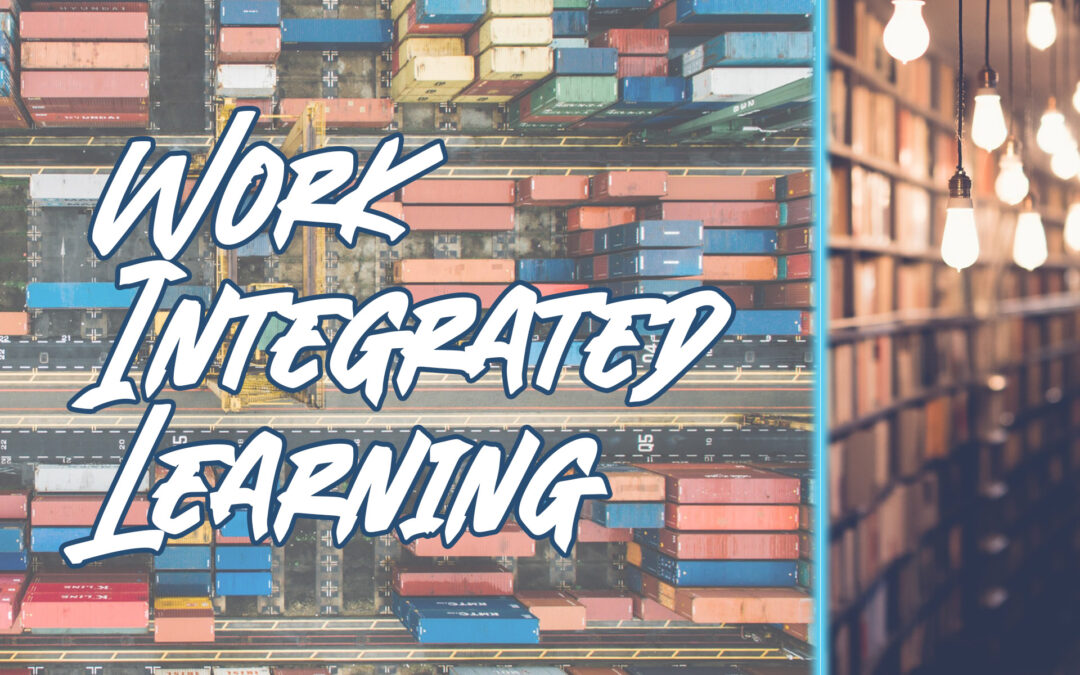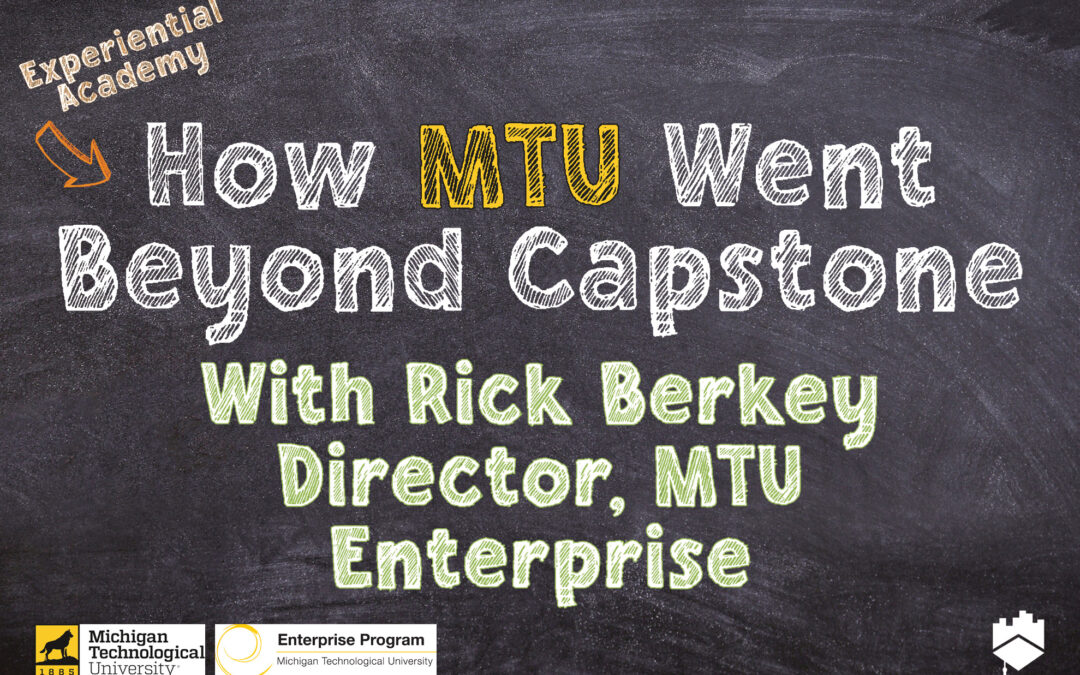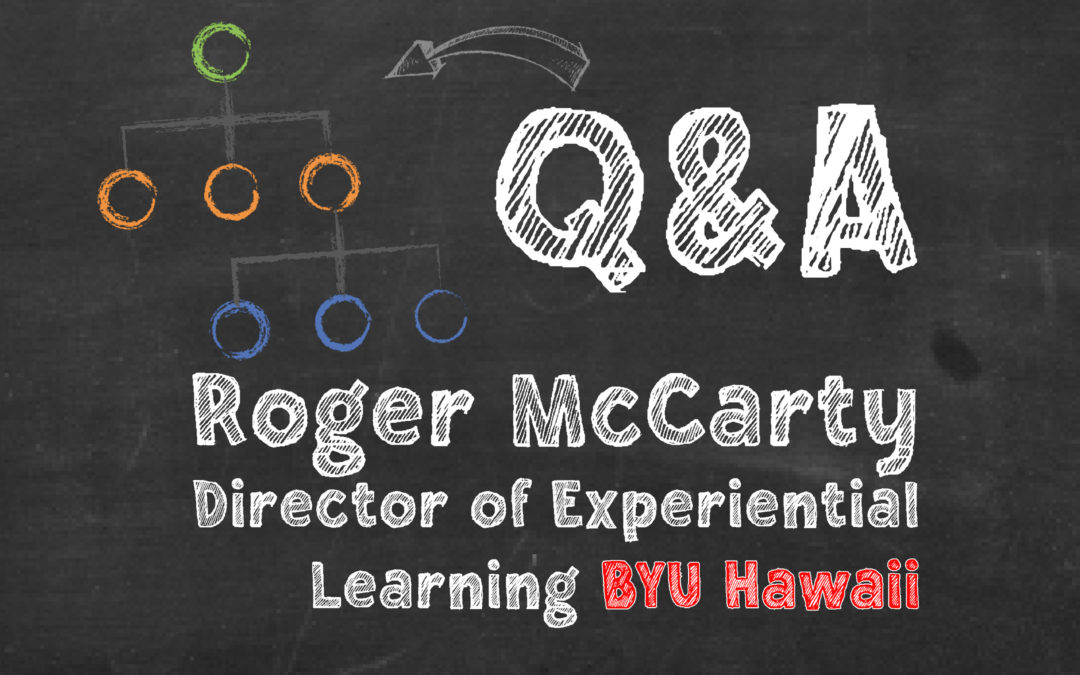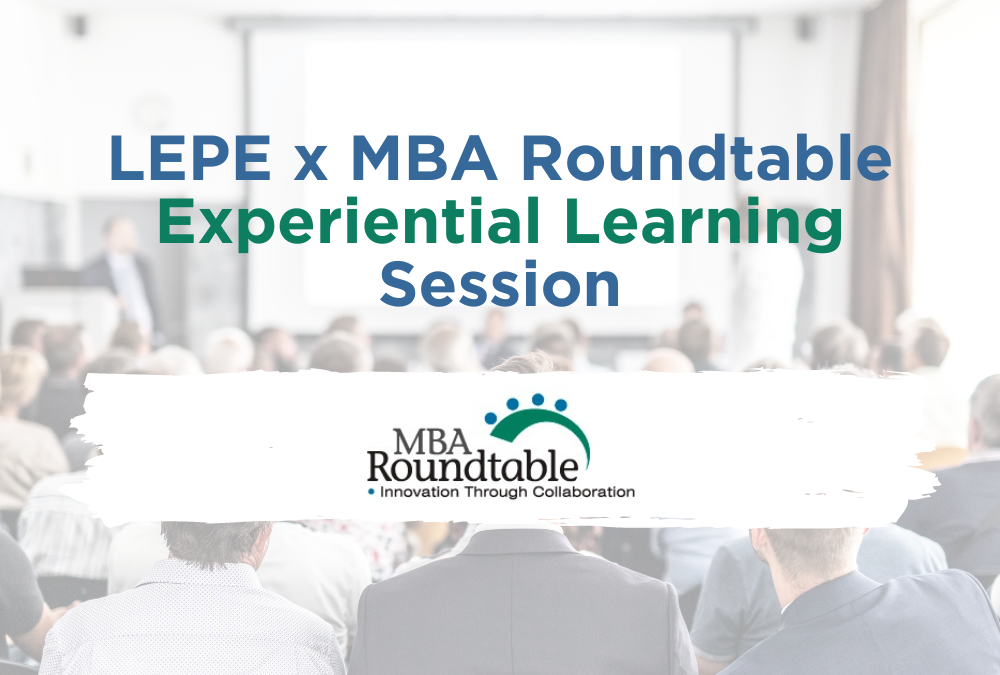Work Integrated Learning (WIL) is the application of classroom and theory-based learning onto real-world, workplace-based scenarios or projects. WIL is embedded in the school curriculum and has learning goals (as opposed to an unstructured internship) and goes by many...




